Signs and Symptoms of PTSD Trauma, Calgary Counselling

“I’m on edge more than usual.” “I wake up with disturbing images.”
“I’m having trouble trusting.” “I can’t concentrate like I used to.”
PTSD may not look the same for everyone. Symptoms can vary.
What is PTSD?
Post-Traumatic Stress Disorder (PTSD) is more common than you think. The Diagnostic and Statistical Manual of Mental Disorders (DSM) describes PTSD as the development of characteristic symptoms following exposure to an extreme traumatic stressor. The person’s response to the event involves intense fear, helplessness, or horror. In children, however, the response may manifest as disorganized or agitated behaviour, but can also include numbing and dissociation.
“Chances are you, or someone you know, will experience PTSD”
What are the causes of PTSD?
Trauma can occur through experiencing or witnessing any of the following:
1. War, military combat 2. Undesired sexual acts
3. Abuse: physical, emotional, psychological, spiritual
4. Accidents or serious injury
5. Serious illness, life-threatening diagnosis
6. Threats to one’s well-being: physical, emotional or psychological
7. Death of someone close 8. Natural disasters
9. Abandonment, isolation, sudden loss
What are PTSD Symptoms?
Symptoms of PTSD may include a combination of the following. Check off all that may apply to you:
☐ flashbacks or nightmares
☐ avoidance of triggers
☐ difficulty sleeping
☐ irritability or agitation
☐ disorganized thinking
☐ using addictions to numb symptoms (alcohol, drugs, gambling…)
☐ numbness or emotional/physical freezing
☐ hyper-vigilance
How are Emotions affected?
Feelings will become disorganized and can include. Do you relate to any of these?
☐ lack of motivation, ineffectiveness
☐ fear, feeling constantly threatened
☐ shame and guilt
☐ despair or hopelessness
☐ hostility
☐ socially uneasy
☐ identity confusion
☐ inability to take action, feeling powerless
☐ feeling permanently damaged
☐ stuck in maladaptive thinking, feelings or behaviours
☐ depressed or sad
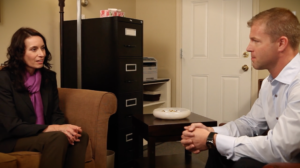
Can PTSD be treated?
Yes it can. Without treatment, PTSD can cause significant impairment in mental/emotional health, as well as relational, social or occupational functioning.
Counselling psychology and psychotherapy can help work through the causes of PTSD and alleviate symptoms. Treatments like EMDR have been proven to be quite effective.
“Everyone deserves to live in a mind that knows peace.”
The first step to a better life is in seeking to get the help you need.
written by Michael Haggstrom, Doctor in Counselling, Specialist in the Treatment of PTSD & Trauma – Calgary, Alberta, Canada
Also, Check these out!
Healing Trauma & PTSD
EMDR Therapy for Trauma Anxiety Depression
EMDR was developed by Francine Shapiro, Ph.D. and is a specialized therapeutic method that helps in memory processing and moving through painful experiences. It uses eye movements to assist the parts of the brain to help transform traumatic memories such as accidents, abuse, violence, emotional pain, grief and disasters…
Healing from Sexual Abuse Calgary – Ashton Kutcher Video
Sexual abuse remains prevalent in our society, especially among children. Recently, Ashton Kutcher was asked by a Senator about sex slavery and what he says leaves everyone in tears. In my work with clients who have experienced sexual abuse, whether as an adult or as a child, I cannot help but continue championing their right to thrive.
Recommended for more in-depth Reading on Trauma & its Effects
In The Body Keeps the Score, he transforms our understanding of traumatic stress, revealing how it literally rearranges the brain’s wiring—specifically areas dedicated to pleasure, engagement, control, and trust.
Trauma is neither a disease nor a disorder, but rather an injury caused by fright, helplessness and loss that can be healed by engaging our innate capacity to self-regulate high states of arousal and intense emotion
Will the person you love ever get better? What can you do to promote healing? Where can you turn when you just can’t cope? From experienced trauma specialists this compassionate guide is packed with information
It is now thought that people who have been traumatized hold an implicit memory that is often expressed in nightmares, flashbacks, startle responses, and dissociative behaviors. In essence, the body of the traumatized individual refuses to be ignored.
Research & Academic Sources:

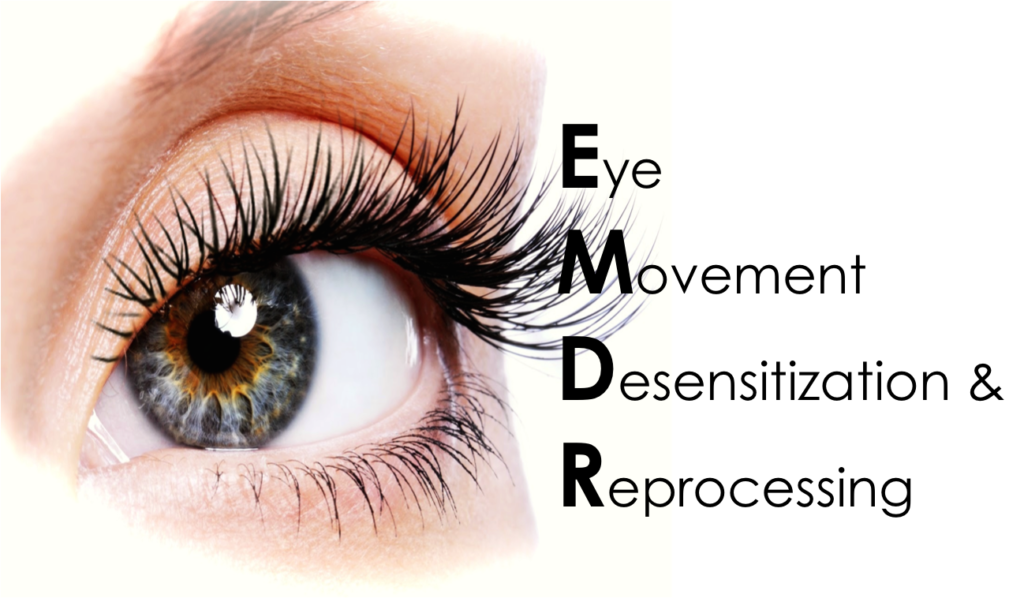
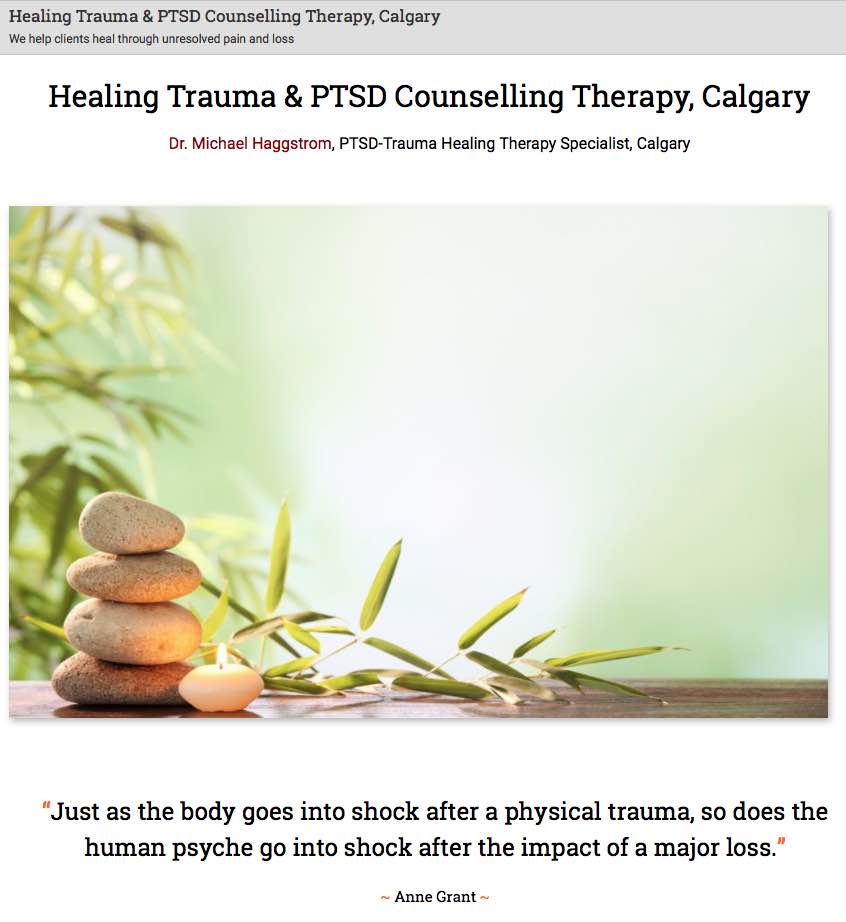

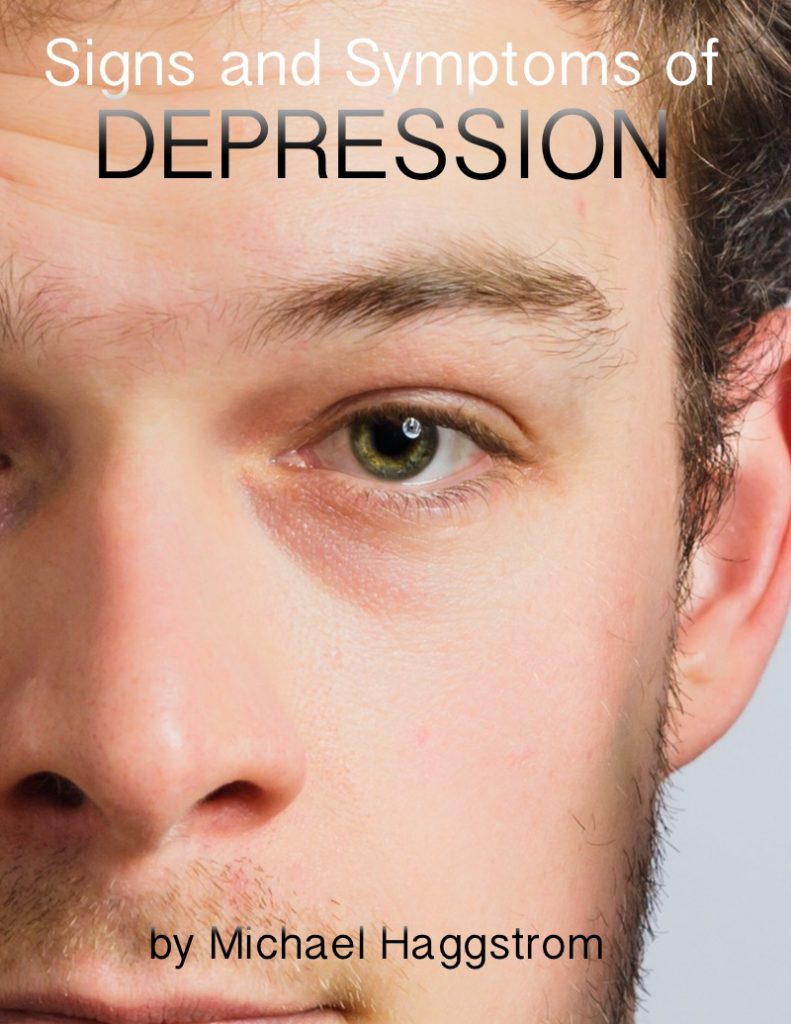
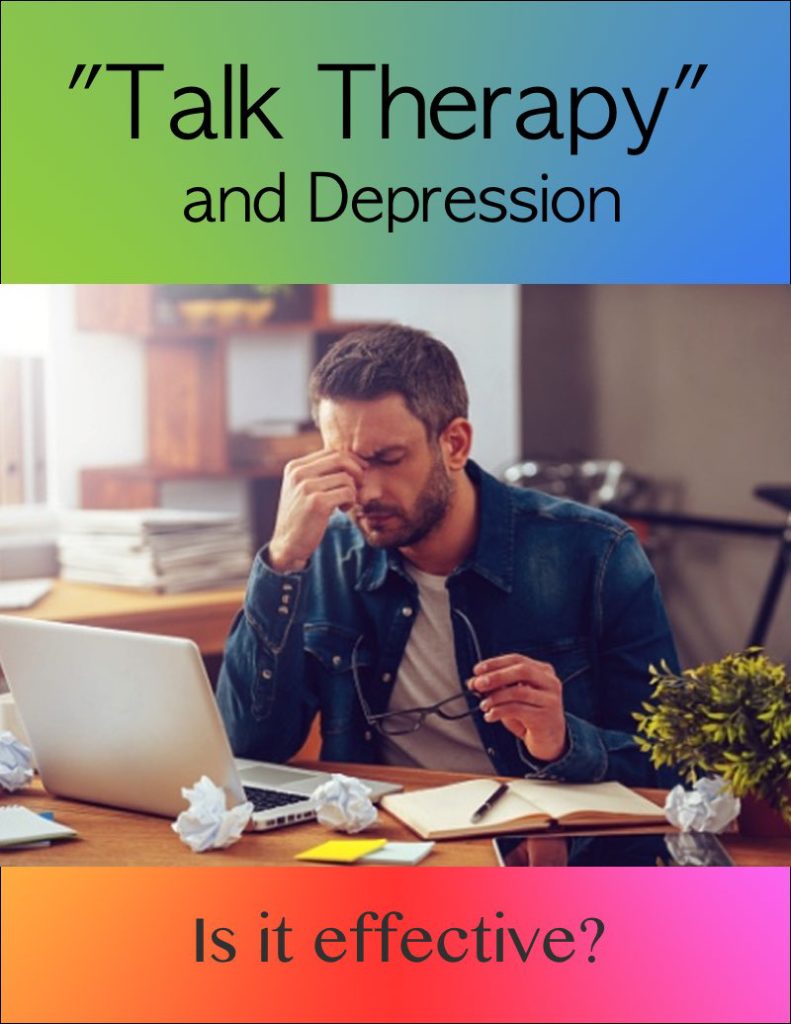






Leave A Comment